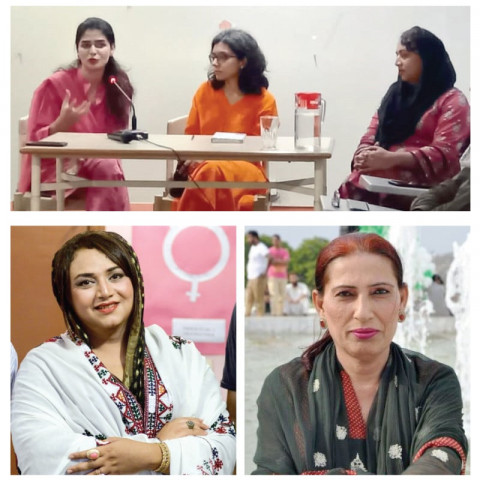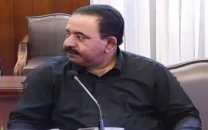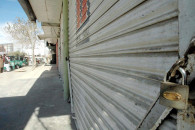Gender big hurdle in trans pursuit of education
Activists, leaders point out myriad of challenges faced by the community

The transgender community in Pakistan also faces educational challenges due to economic hardships and social taboos. Trans activists claim that educational institutions not only turn them away but also subject them to ridicule.
There is a lack of educational facilities for trans people at the government level, Bindiya Rana, a transgender community leader, told The Express Tribune. The trans people's gender identity proves to be a big barrier, hindering their access to education, leading many to abandon their dreams and pursue alternative livelihoods.
Transgender people often sustain themselves through wedding performances, street activities, and roadside begging, Rana said. "Despite possessing identity cards, this marginalised section of society still struggles to integrate into the national mainstream," Rana said. "Consequently, trans people develop diverse skill sets to carve a place for themselves in society."
Rana pointed out that the recent census indicates Karachi is home to over 18,000 trans people, among whom the literacy rate is alarmingly low. The government has the potential to transform their lives by providing educational opportunities. "They are left with no choice but to resort to dancing, singing, or begging due to a lack of resources," Rana added.
"The government should consider allocating stipends or offering free education up to matriculation for trans people, enabling them to transition away from other professions towards education," Rana said.
Aradhya Khan, a transgender student pursuing a BS in Mass Communication and an organiser of the Sindh Murat March aspiring to become a journalist, described her school and college years as distressing, where being teased for studying in a gender-specific school made the educational environment unpleasant.
Khan said the absence of a clear policy on trans community, citing enrollment forms offering only 'male' and 'female' options, unlike progressive countries that provide alternatives. She recalled the discomfort of taking exams in front of 80 students, facing insecurity while attempting to switch from a boys to a girls college.
Read Trans people say will contest upcoming polls
"Although I am in my fourth semester, the recognition of the third gender is still lacking," Khan said. "I felt no discrimination from teachers or students, some of whom have even become friends with me."
Khan faced difficulties during puberty, leading to challenges in acquiring a matriculation certificate, despite her resolute nature. She suggested that the government should show leniency of age relaxation for trans people who could not access education in time due to various reasons, instead of imposing lifelong barriers.
Zahresh Khanzadi, the programme manager of Gender Interactive Alliance (GIA), voiced similar sentiments. Khanzadi stressed the need for a conducive environment, stressing that societal acceptance will not come without integration. Vocational training programmes should be instituted to ensure continuous skill development.
Khanzadi urged for transgender inclusion in educational policies, advocating for awareness programmes on basic education and religion. While referring to the Punjab government's initiative to train trans people, Khanzadi cited an incident where a 12-year-old trans student at a school faced discrimination due to attire, despite the school allowing admission. Khanzadi lamented the lack of actions by the Social Welfare Department since 2003, leading to the community's neglect and ongoing struggles. Khanzadi urged for diverse technical education for trans people to facilitate their integration into society, emphasising that education is a fundamental right for all.
Published in The Express Tribune, December 3rd, 2023.



















COMMENTS
Comments are moderated and generally will be posted if they are on-topic and not abusive.
For more information, please see our Comments FAQ